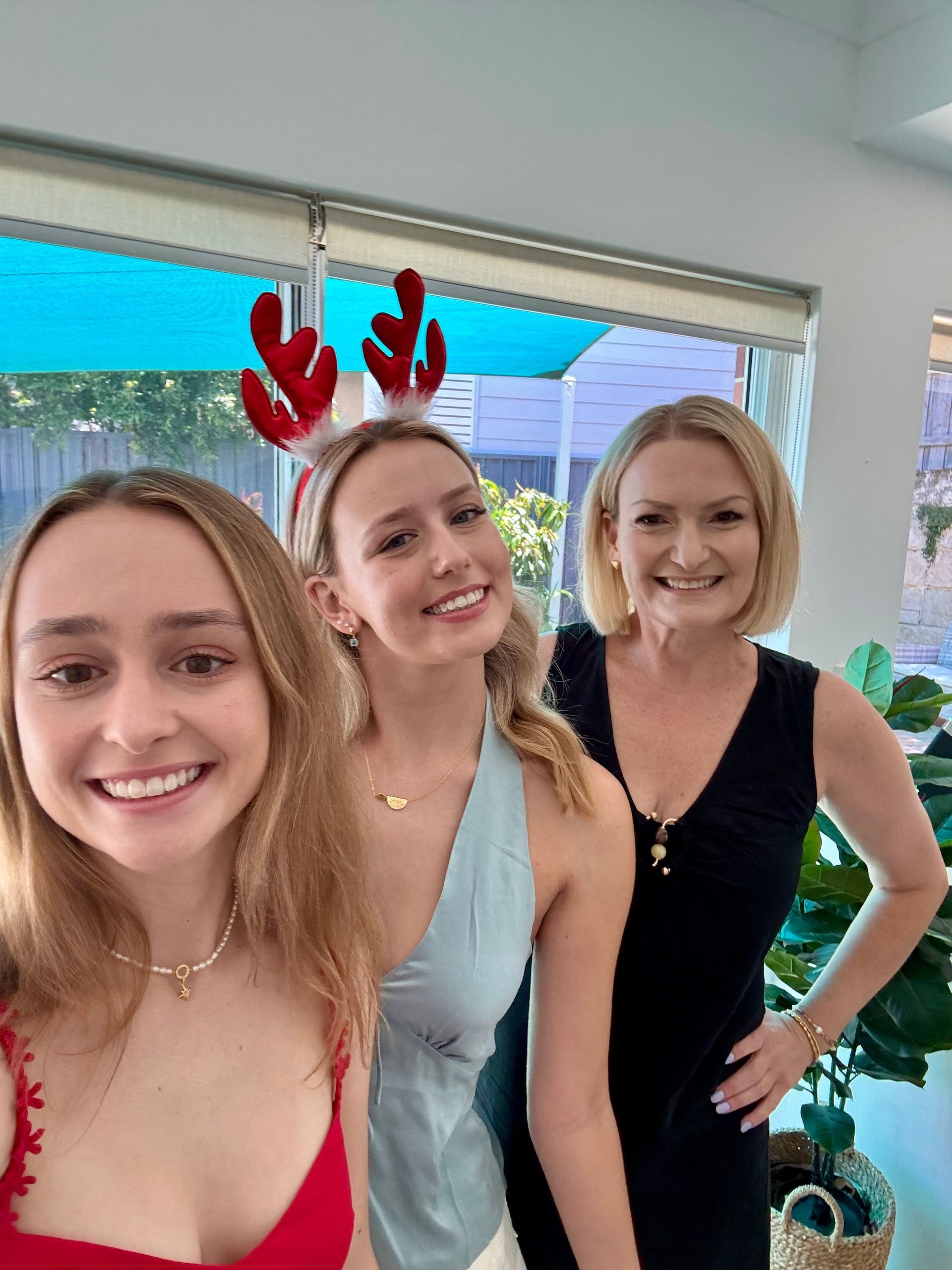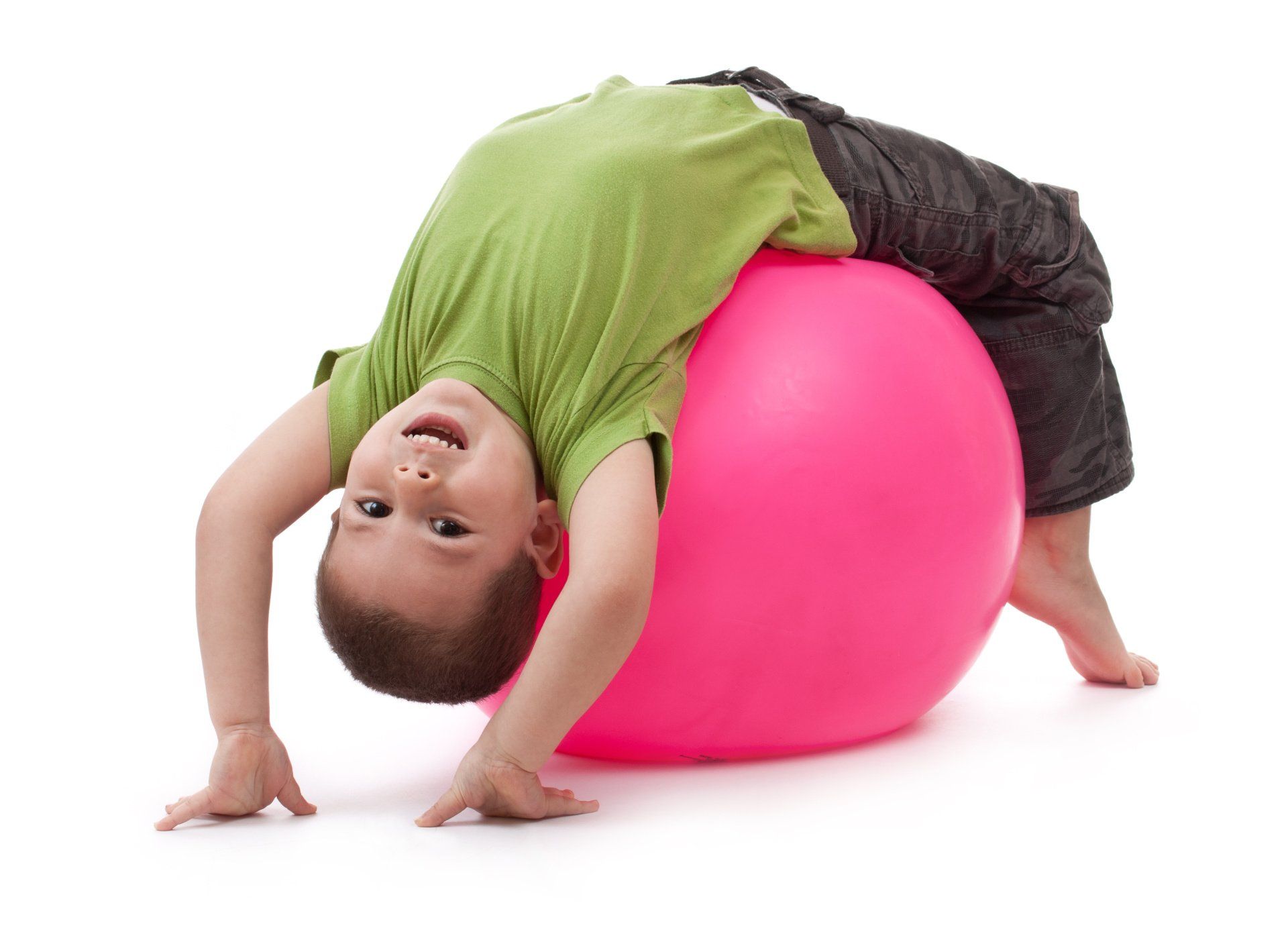Kidz Clinic Physiotherapy
Kidz Clinic is a physiotherapy clinic for infants, children and adolescents . Our vision is to be recognised as an industry leading practice providing innovative, progressive and personalised services in the assessment and management of musculoskeletal disorders.
Kidz Clinic is committed to promoting better health, self esteem and confidence in our clients by optimising functional independence, mobility and quality of life. Emphasis is placed on teaching children how to be their own “best therapist” and for them to feel empowered by learning how to control and coordinate their own movement. Emphasis is also placed on FUN and we like all children to leave with a SMILE on their face.
Contact Us

About Natalie
Natalie Bennett-Bremner is the Director of Kidz Clinic Physiotherapy is. She is a Sports Physiotherapist with 25 years experience. Natalie spent the first 10 years of her career working as a Sports Physiotherapist working with people of all ages from "arm-chair" sportsmen to elite athletes. During this time she developed a keen interest in musculoskeletal disorders in children and adolescents.
Natalie established Kidz Clinic Physiotherapy in 2008 to focus on the management of infants, toddlers, children and teens with a wide range of musculoskeletal and connective tissue disorders. Natalie has a special interest in hypermobility and correction of gait abnormalities.
In 2011 Natalie was awarded the ABC TV New Inventors Award for Medical Innovation for her design of a flexible therapeutic bracing garment, the Spiral Thigh Brace, which aims to reduce excessive internal rotation at the hip and thigh during gait. It is used for biofeedback in gait retraining in conditions such as knock knees / inturned gait, pigeon toes, tip toe walking and scissoring gait.
Natalie is Mum to 2 beautiful girls and a kelpie and spends her free time at the beach, swimming and playing tennis.
Natalie has a special interest in physiotherapy management of the following conditions:
- Hypermobility disorders (benign joint hypermobility, Ehlers Danlos Syndrome)
- Gait abnormalities (pigeon toe, inturned knees/knock knees/tip toe/duck walk)
- Movement disorders and coordination problems
- Developmental motor milestones
- Baby head shape/infant torticollis
- Sporting injuries and growth related injuries
What to bring to your appointment
- Relevant reports from other medical professionals
- Recent Imaging/Xrays
- Any orthotic device that your child is currently using
What to wear to your appointment
Loose comfortable clothing is the most appropriate clothing for your child to wear. Shorts or leggings and a Tshirt is ideal. Jeans is the most difficult type of clothing for us to work with in terms of assessing quality of movement.
